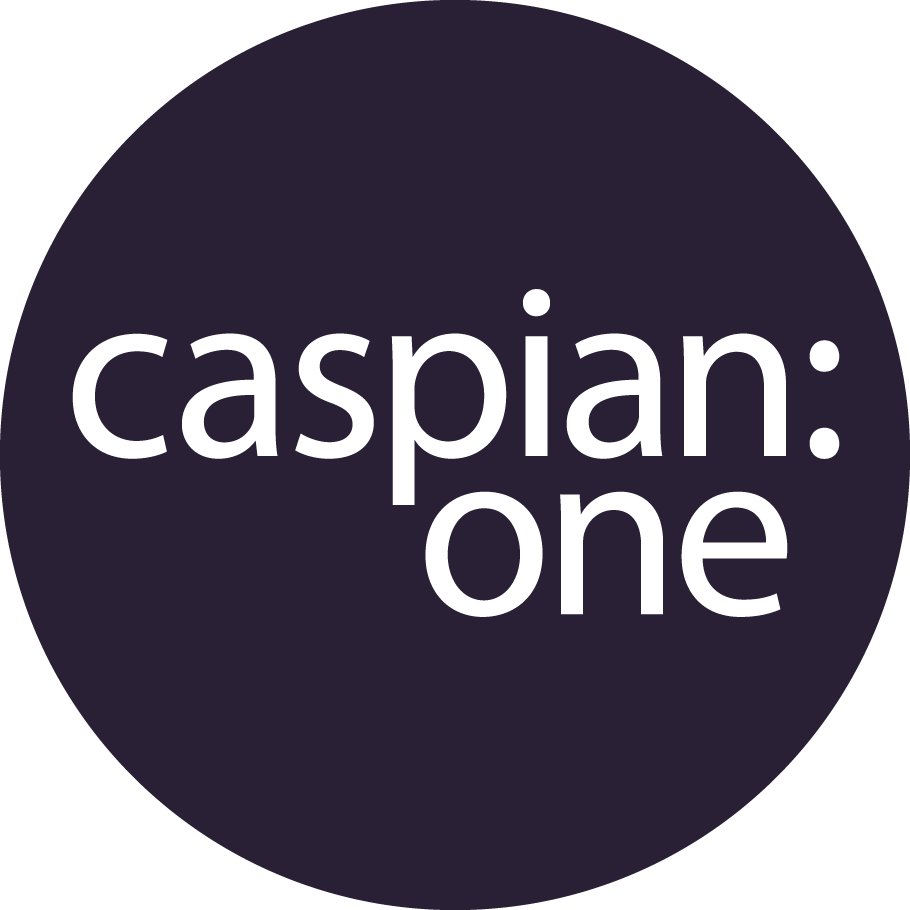DO YOU STILL NEED A COVER LETTER?
There was a time when sending a cover letter was simply an expected tradition alongside your CV - to not send one would be unthinkable. However in these days of tech automation, Google search, LinkedIn profiles and ever-growing demands for faster hiring, the cover letter is becoming for some people, irrelevant.
Yet, when we put the question of cover letter need to Caspian One recruiters, the response was a near 50:50 split. On the one hand, the view against is that CVs should include all relevant information - at least prior to initial phone calls. Alternatively, arguments for cover letters include focusing on the opportunity to sell yourself, build a personal brand and help establish cultural fit.
In today’s article, we’re going to weigh-up the pros and cons of both options and provide insights on what a cover letter should include.
“No, they’re unnecessary…”
Cover letters are pointless. They take a tremendous amount of time to draft, edit and format, they need tailoring for every application to be of any help, and they often go entirely unread by recruiters and hiring managers - making the whole development process, futile.
This is the typical argument provided by people on the receiving end of applications, who are against the use of cover letters. Generally, the opinion is that a well-written CV should successfully present all the relevant information suited to the job being applied to. Therefore, the addition of a cover letter is simply unnecessary as it will be a CV duplicate; and any important unique information is written here that would help your application should be on the CV.
The main reason cover letters are rarely read is simple - time availability, or more-so, the lack of.
At the early stage of application, most individuals in the hiring process are looking for features relevant to the specific job-role, such as work experience and education. In the world of Caspian One recruitment, once a potential applicant has been located we then undergo a thorough qualification process; and it’s at this stage we learn more about a person’s personality, career needs, personal goals and likely cultural fit.
Rather than spending hours writing cover letters, your time is better spent developing partnerships and connections with people and businesses working in your chosen industry. Between a recruiter receiving your CV and you receiving an interview invite, that recruiter is selling you to potential new employers, so building that long-lasting relationship will support you both short and long-term.
“Yes, never apply without…”
Cover letters are an opportunity you cannot afford to miss. They enable you to sell yourself without the constraints of a CV structure, they allow you to reveal more of your personality and, they show who you are beyond a list of skills and credentials.
For those who approve, cover letters are all about establishing an emotional connection with a hiring manager or similar. They are are considered a core tool in personal brand marketing, breaking from the limitations associated with CV writing, and opening the door to telling your story.
You can express exactly why you’re interested in joining the company and where your experiences align with business need. You can explain any issues in a human tone (such as work gaps), and provide a recruiter with everything they need to accurately sell you to companies of interest.
Whenever a cover letter is requested, one should always be provided. However, it’s also important to note that hiring professionals who do take the time to read cover letters really care about the included content - so even when one isn’t requested, a cover letter can be worth providing.
The answer?
Sorry to disappoint, but there really is no definitive singular answer to this debate.
Cover letters are like marmite - loved by the ones who read them, hated or ignored by those who don’t. However, when you don’t know what each person wants at breakfast it’s safer to leave the marmite on the table, just in case.
As mentioned, one rule we recommend is to always supply a cover letter when specifically requested. Additionally, if you decide not to provide a cover letter, ensure you speak openly and honestly with consultants when they contact you - so they can truly understand you, sell you and add value to your career. Should you decide to write a cover letter, ensure that you include how you learned about the job, how you meet job requirements, your availability and contact details.

